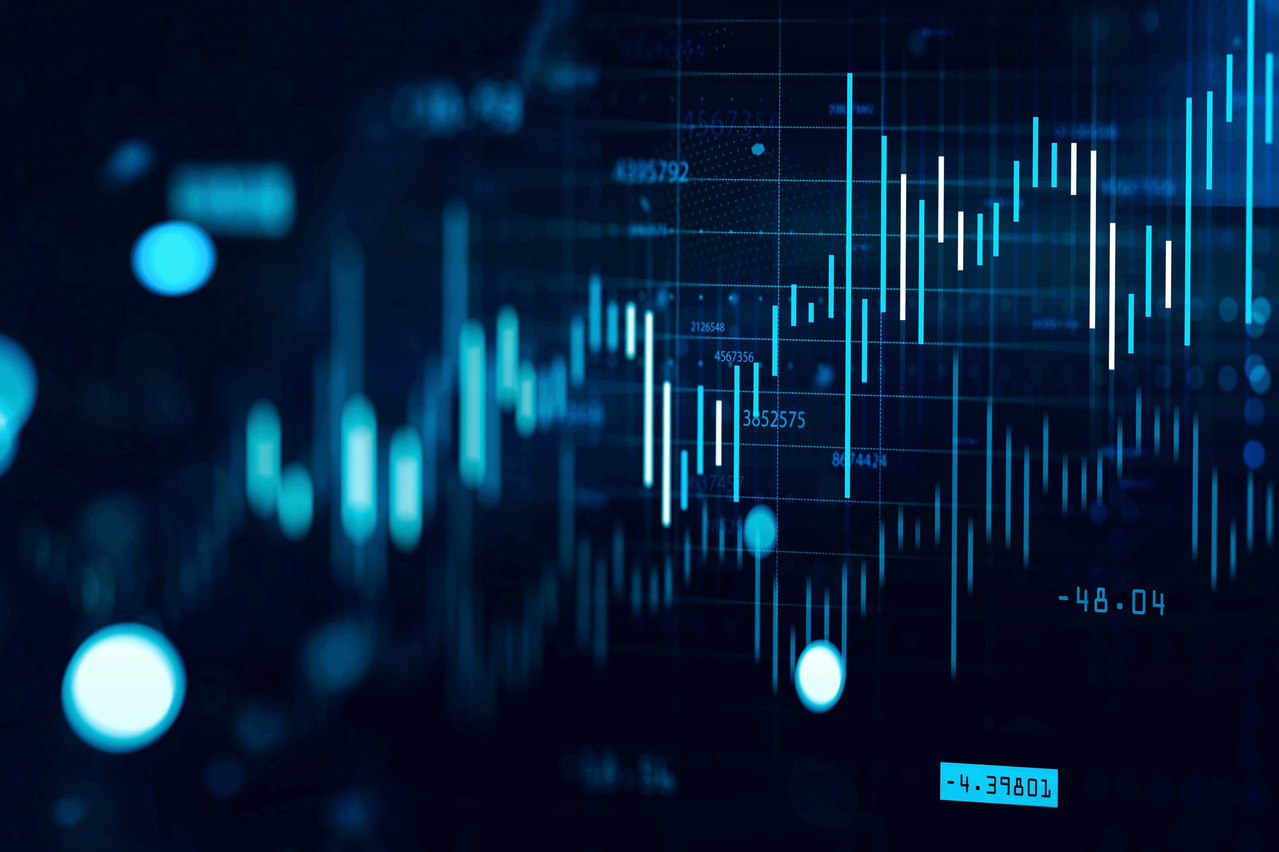“Our position, since the end of the summer, has been rather to say that we were approaching a low point,” said Eric Bendahan, founder and portfolio manager at the independent asset manager Eleva Capital, during a presentation in Luxembourg in mid-March. Based in Paris, Eleva has recently opened a commercial office in the grand duchy.
“This phase of macro-economic deterioration that began in the third quarter of 2021--that’s beginning to be a bit dated--has arrived at its low point, and now we’re in a re-acceleration phase of the cycle,” said Bendahan.
End of “destockage phase”
This economic pickup has three elements, he argued. “The first element is that we’re starting to see some signs of the end of a ‘destockage phase.’”
Towards the end of 2021--right around the time when we were “getting out of covid”--everybody was ordering products at the same time, leading to problems with supply chains. There was a significant period of excessive “restockage,” which then resulted in a “destockage” cycle that was “very long, very painful and much more pronounced than usual,” said Bendahan.
An example was seen in the chemicals industry, he noted. Chemists that he spoke to told him that normally, in times of recession, the rate of utilisation of their capacity stands at 70%; in positive periods, it’s 90%. In 2023, it was at 55%. “It was never before seen in the industry,” he said. “It was worse than in 2008-2009, in part due to this artificially elevated post-covid cycle. But there were also other factors, like the increase in interest rates or economic uncertainty.”
During de-stocking phases, companies produce less or not at all--there’s no demand. But as we’re arriving at the end of this destockage phase, production can pick up again.
Consumption to improve
The second motor of re-acceleration relates to consumer consumption, said Bendahan. “It’s still a bit of a difficult period--there are little signs of quivering.” But unemployment is staying low while household revenues--salaries and excess pandemic savings--are strong, giving Eleva reasons to be “constructive.”
Electricity and gas prices are decreasing--they’re down 60% when compared to a year ago--but the bill for the average European household hasn’t yet dropped as much, said Bendahan, while the “inflation crisis” is still a fresh memory. So consumption will take a bit of time to pick up again, and will likely be seen “progressively throughout the year.”
“There’s no reason to be too pessimistic on consumption today,” he added.
US tech acceleration
The US tech sector was a big factor in the acceleration of Eleva’s global capital index, noted Bendahan. “At this stage, we’re at a very, very soft landing,” he said. “In any case, there is no giant economic slowdown in the US.” The rest of the world is doing all right as well, with the destocking phase getting underway in other regions.
One region where Eleva has “very little visibility” is in China. There’s been a fairly serious economic crisis, with problems in the real estate sector and a “negative demographic” situation. China was disappointing last year. Some see the start of improvement--notably around the Chinese New Year holiday--but “it remains, to be honest, very difficult to read.”
Overall, “we are rather in a logic of improvement,” concluded Bendahan. The increase of interest rates is still weighing on the economy, more so on small and medium-sized enterprises than for large companies. “We are rather in the dynamic of acceleration.”
Headline inflation in the euro area is coming back down and interest rates will likely be cut around the summer. “The big question concerns the rhythm.” There is still some lack of clarity, “but in my opinion, they will go gently.” Three rate cuts--one per quarter--are priced in by the bond market. “I would be a bit surprised if they decrease rates any more or any faster.”
